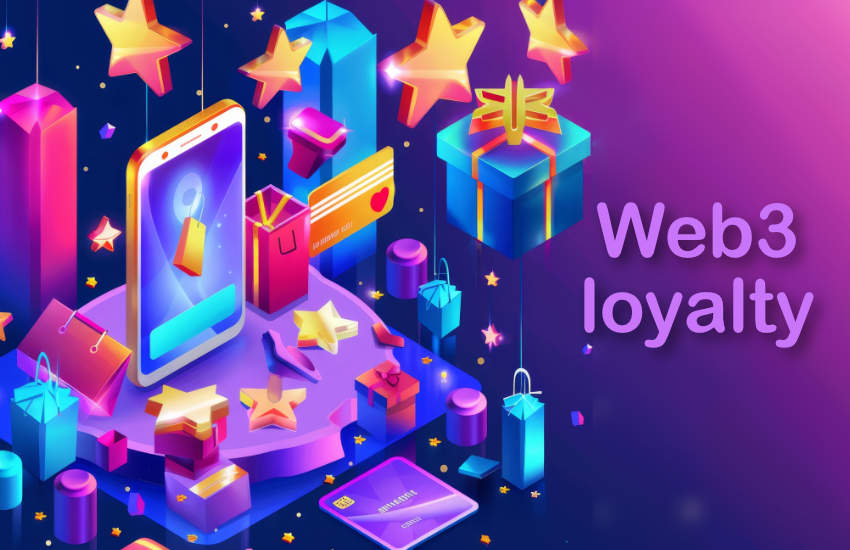The blockchain company Polygon Labs collaborated with Accenture and Google Cloud to publish a white paper exploring web3 loyalty programs. It opens by arguing that current loyalty programs are too product focused. Younger generations are more drawn in by meaningful experiences.
“Most loyalty programs today remain static and product centric, functioning essentially like a discount scheme that fails to meet the preferences of the newer generation of experiential centric consumers,” say the authors.
They argue current programs are a race to the bottom, lack personalization and are too closed. Program members redeem less than half of the reward points earned.
Consumer perspective: web3 loyalty benefits
Their point is that web3 has the potential to improve the customer journey. It can provide more options to earn rewards, as well as more diverse routes to redeem points.
On the earning side, typical web3 loyalty initiatives might involve earning points through conventional transactions but also by taking part in activities or quests, such as designing a logo, customizing a product or going on a treasure hunt in the metaverse.
Given web3 is a transacting medium, it also allows people to buy rewards directly from the brand or via secondary markets.
On the flip side, instead of redeeming points there’s the option of selling them. Since not all customers are interested in every offer, being able to sell the rewards gives flexibility. Web3 lends itself particularly well to token-gated events and third party collaborations.
A case study focused on the Purpose Bound Money trials conducted during the Singapore F1 Grand Prix with Singapore’s Grab taxi platform. By leveraging the Polygon blockchain, it successfully integrated voucher redemption with 17 separate merchants.
Corporate perspective: Better customer visibility
From a corporate perspective, the killer app came later in the paper. That’s the ability to have a 360 view of the customer, both online and offline. With the transparency of web3 transactions, brands can get a better picture of their customers by exploring their NFT purchases, DeFi activity and transaction history. Perhaps that was later in the paper because there’s a fine line between getting to know your customers and how they interact with your brand, versus invading their privacy. But perhaps that’s a generational thing too.
For years loyalty has seemed like a brilliant match for blockchain and web3. That’s especially because a shared ledger enables collaboration between complimentary brands while avoiding messy reconciliations.
American Express put considerable effort into exploring this a few years ago. More recently it has backed multiple NFT and loyalty platforms. This year Visa launched a web3 loyalty engagement solution this year.
However, there have been many false starts.
The collapse of NFTs has meant that brands have dropped the terminology replacing it with digital collectibles and experiences. In some cases, they are abandoning it altogether.
Five or six years ago, several Asian airlines launched blockchain enhanced loyalty programs. ICE, the owner of the New York Stock Exchange, founded web3 startup Bakkt. In 2020 it spent around $300 million buying a major loyalty technology firm that serviced 4,500 loyalty and employee incentive schemes. A year later it made a big splash launching its rewards app, which it has since shuttered. This stuff is hard.
That said, many attempts at smartphones floundered until the iPhone, including by Microsoft. Like the promise of the metaverse, the sense is web3 loyalty will be a killer app. It’s just a matter of time. But who knows how much time?

